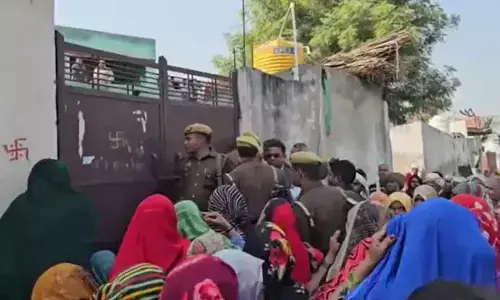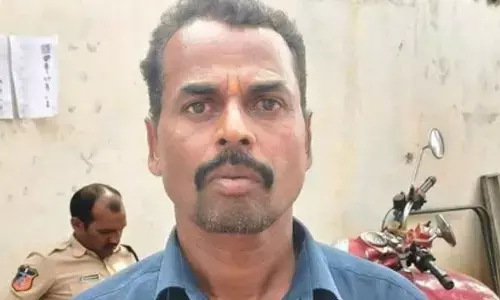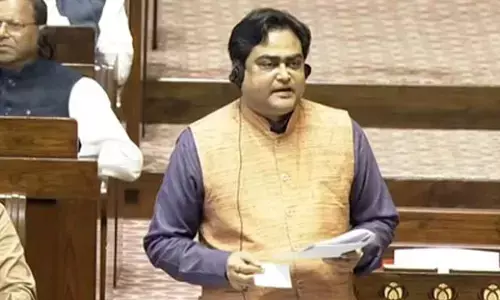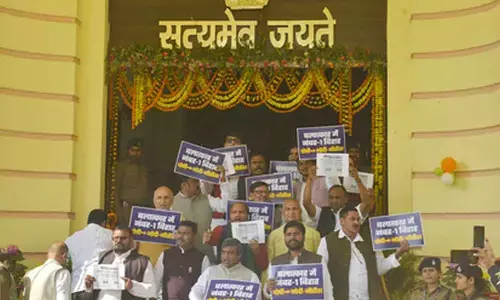In digital India, e-sevas are the new custom in temples
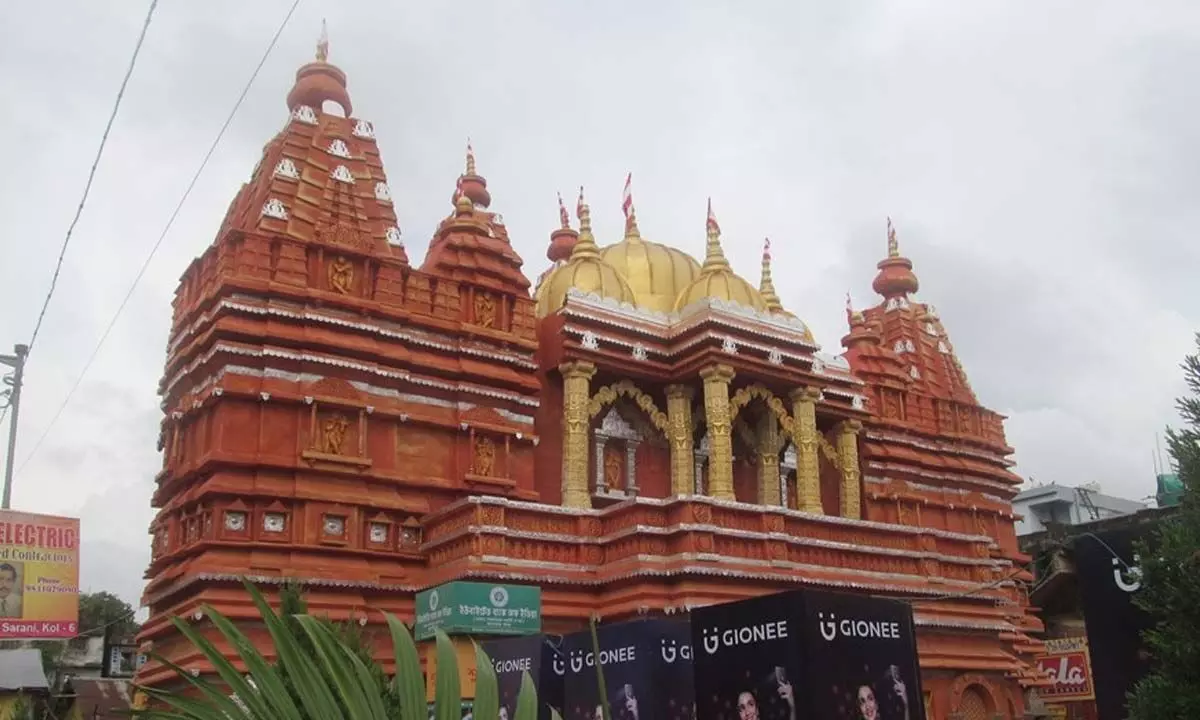
For representational purpose
Living in a world where we do everything online, temples in Dakshina Kannada district of Karnataka have also forayed into the world of online exchanges, allowing devotees to make online offerings or e-sevas.
Mangaluru: Living in a world where we do everything online, temples in Dakshina Kannada district of Karnataka have also forayed into the world of online exchanges, allowing devotees to make online offerings or e-sevas.
Many of the temples in Karnataka are owned and managed by the endowment department of the state government, which has introduced various online services to enable the devotees to offer their prayers and offerings online. This enables the devotees to offer seva at the temple-deity of their choice without visiting the temples, a proposition gaining popularity among people with limitations of distant travels. Many of the devotees, though not the devout, choose the easier way of e-sevas now by avoiding queues at the temples for offering poojas. And they get the prasadam from the temples at their doorstep through e-seva offerings. The modern-day devotee chooses to offer prayers silently and perform an e-seva to please the gods and goddesses of one's choice from a distance.
The e-sevas and e-kanikke (donations) are available at all the 'A' category temples of the endowment department in the state, especially in Dakshina Kannada district known for many famous shrines. Mangaladevi temple in Mangaluru has joined the list by going online with an e-hundi (collection box) facility. Many temples have adopted this new mode of collecting donations through electronic hundis as digital payment has turned out to be the prevailing custom. The e-hundi facility was launched at the Mangaladevi temple during the recent Navaratri celebrations. A large number of people throng the temples in Dakshina Kannada during the celebrations as part of the 'Mangaluru Dasara.' The temple introduced a QR-Code to help devotees make the payments who visited the temple on crowded days.
Devotees are asked to cross-check their names and other details while transferring money online using the e-hundi facility. All security measures to safeguard the payment gateway have been implemented for a hassle-free transaction, temple authorities said. During the Navaratri season, the temple authorities also pasted the stickers with QR codes on all the 20 hundis of the temple. The facility also helped them save time for counting the donations, a priest at the temple said. The endowment department is also on course to implement the e-hundi facility in other temples governed by it. The facility has already been introduced in five temples run by them in the district and the response has been encouraging, sources said. The e-hundi facility was launched at Kukke Subrahmanya temple in the district two months ago. The temple gets around Rs 6,000 to Rs 25,000 through the e-hundis a day, depending on the rush at the shrine during different seasons.
As the QR codes are prominently placed on the hundis, the devotees can scan them from a distance of about 10 feet when the temple is overcrowded. For temple authorities, it helps them avoid counting money from old donation boxes. The temples get the collection data from e-hundis in the form of bank statements on a day-to-day basis. Endowment department sources said the Kateel Durgaparameshwari temple, Kukke Subrahmanya temple, Mangaladevi temple, Puttur Mahalingeshwara temple and Sahasralingeshwara temple at Uppinangady have already introduced e-hundis in Dakshina Kannada. More temples including Sri Rajarajeshwari temple, Polali, Bappanadu Durgaparameshwari temple, Panolibail Kallurti Daivasthana, Kadri Manjunatha temple and Kudupu Ananthapadmanabha temple will also launch e-hundis soon. The endowment department's online services including e-hundi also help the devotees gather information on the services offered in each temple.
The management of the famous Kollur Mookambika temple in Udupi, part of the undivided DK district, has also facilitated online seva after the state government granted permission for e-kanikke (donations) and online booking for temples. The online services have also come as a boon for the temples to tide over the financial crunch they faced during the Covid-19 pandemic and the subsequent lockdown. Private portals are also offering online poojas at temples through their websites. An online portal, ePuja, offers poojas to be held in the name of the devotee at several temples in Karnataka. Though not officially linked to any temple administrations, e-Puja claims to have a network of representatives who visit the temple and get the puja done in the name of the devotee. The puja cost includes the temple's official fees, cost of pooja items, 'dakshina' for priests, prasadam and the shipping cost across the country.









